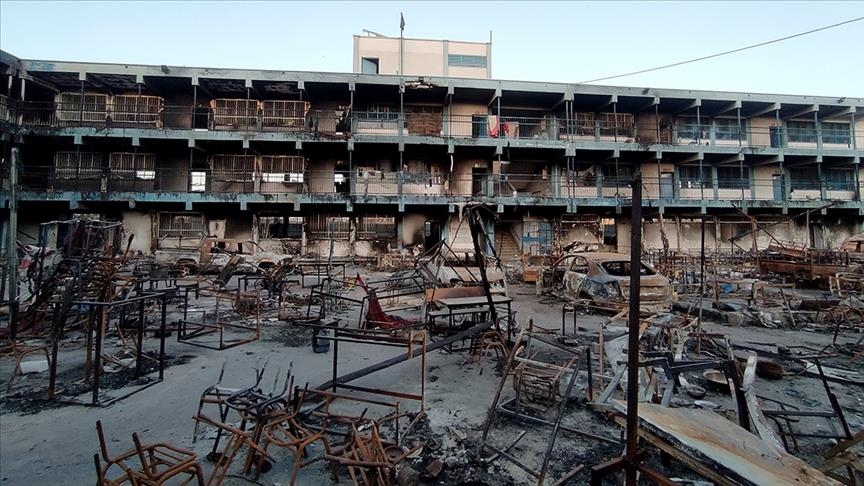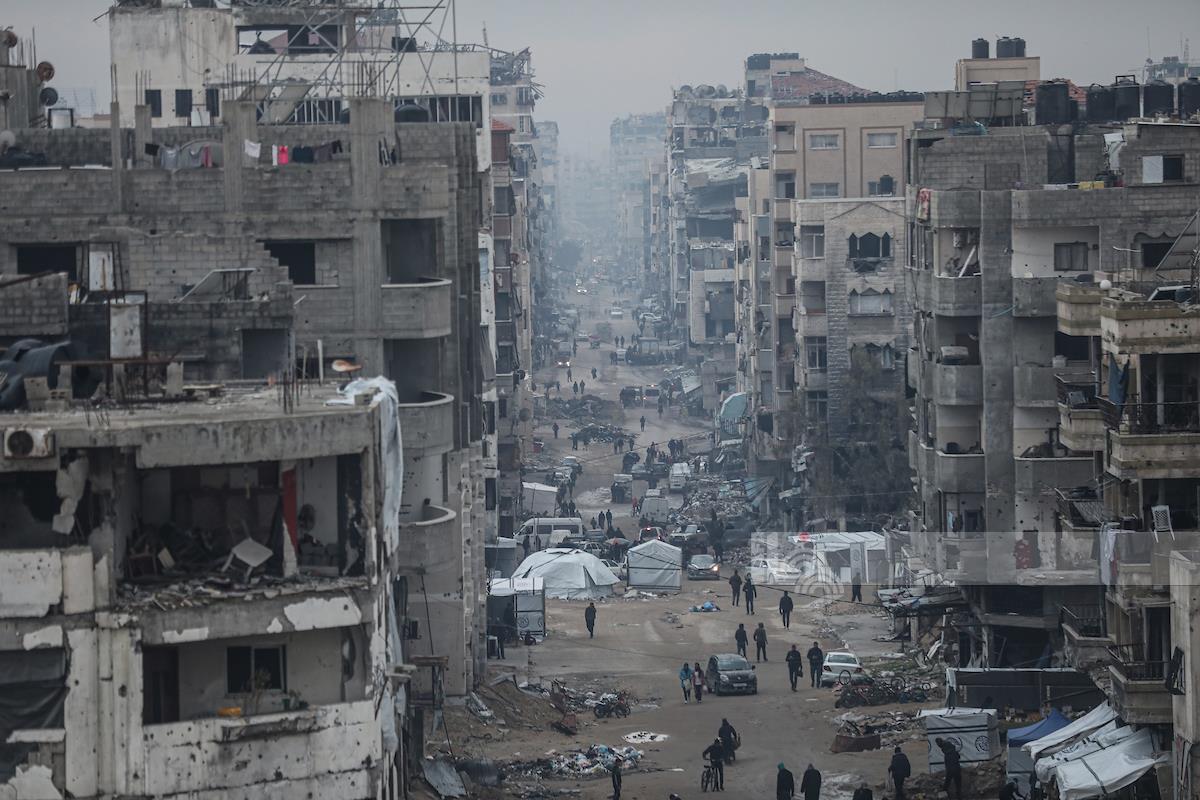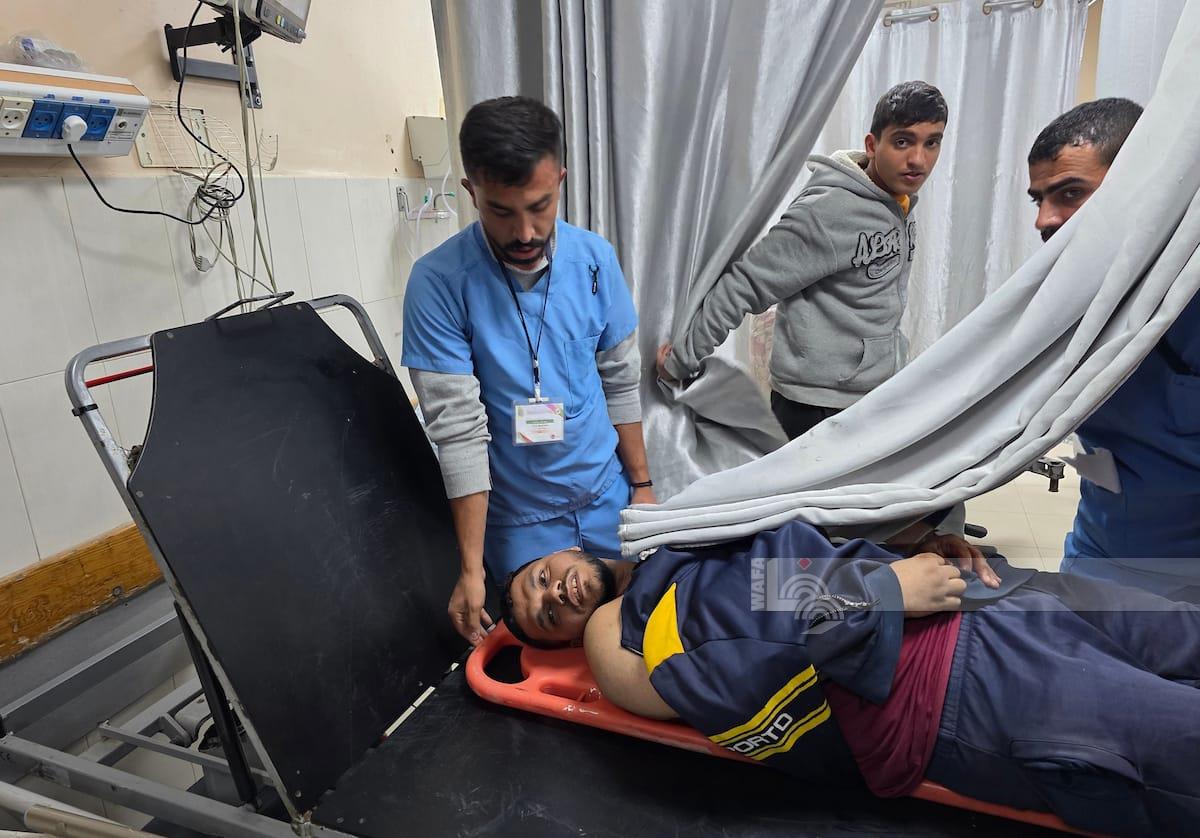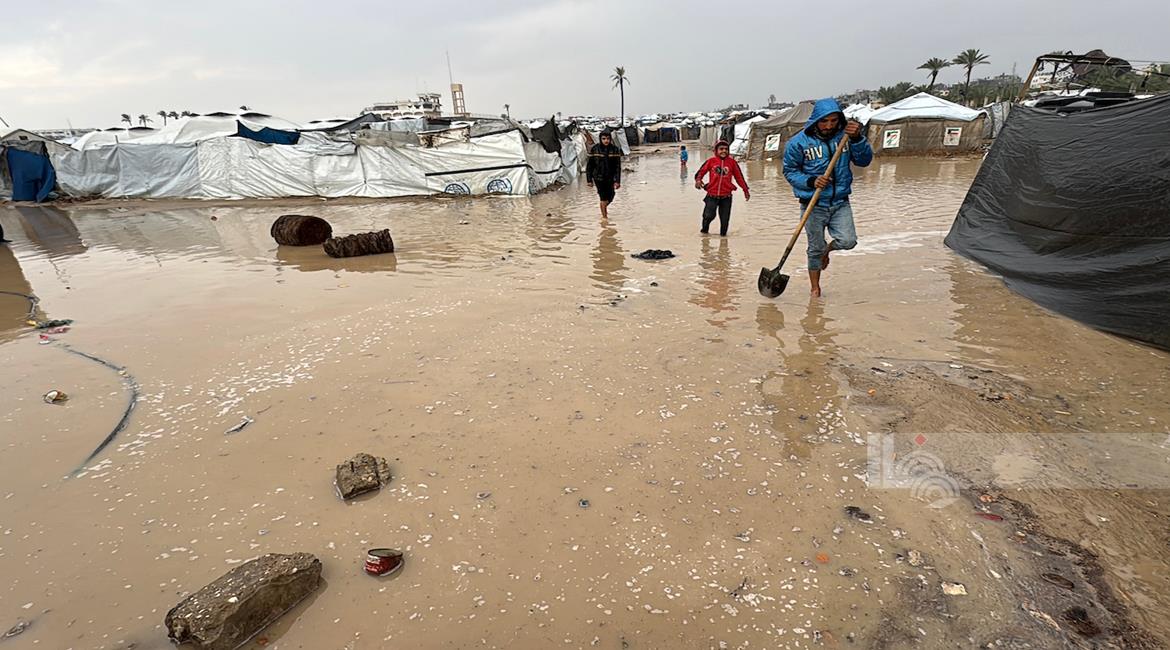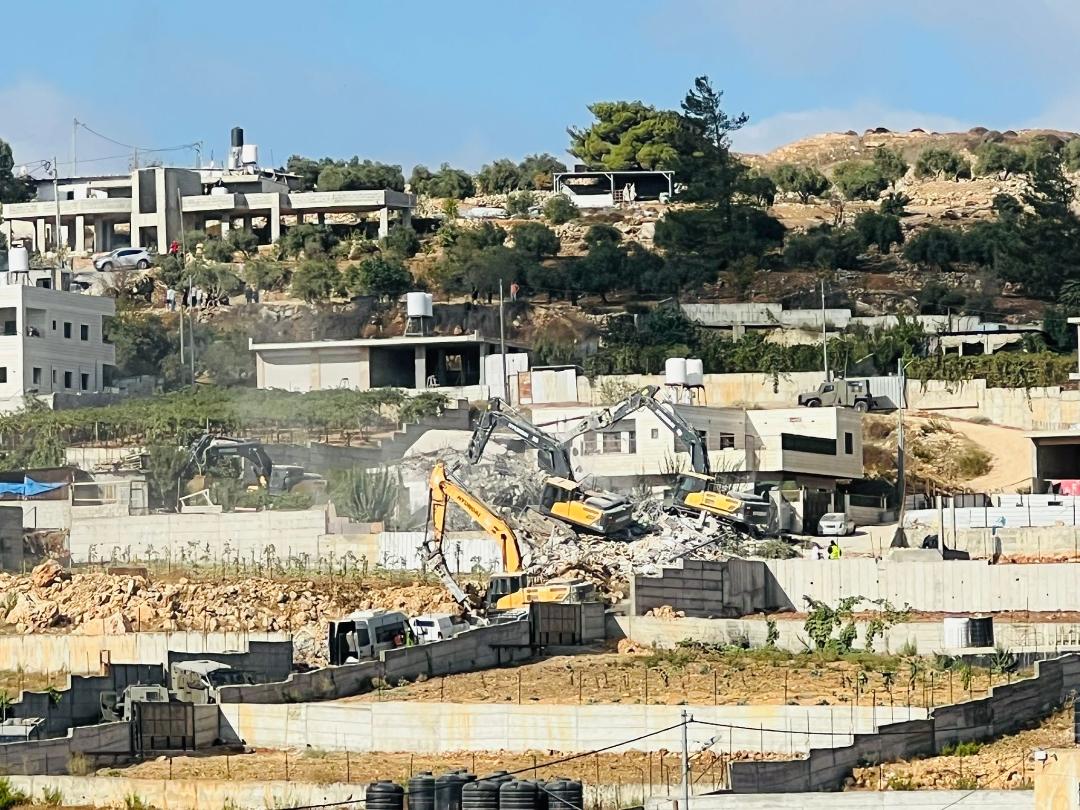By Rami Samarah
RAMALLAH, Saturday, June 22, 2024 (WAFA) — On a day that should have marked a significant milestone for around 89,000 Tawjihi high school students in Palestine, only 56% of them were able to sit for their final exams.
The ongoing Israeli offensive on Gaza, now in its 260th day, has severely impacted the education sector, with devastating consequences for thousands of students and their families.
The relentless Israeli war has prevented 39,000 students from taking their Tawjihi exams. Many have been directly affected by the aggression, either losing their lives or having their education disrupted due to the destruction of schools and other educational infrastructure.
The Palestinian Ministry of Education and Higher Education reports that 430 high school students in Gaza and 20 in the West Bank have been killed by Israeli troops since the academic year began in August.
Statistics from the Ministry paint a grim picture: at least 8,000 school-aged children and 350 teachers have been killed in Gaza. Additionally, there are over 12,500 injured students, 2,500 of whom have sustained disabilities. These numbers highlight the profound human cost of the war and its impact on the education system.
Sadiq Khadour, the Assistant Undersecretary for Student Affairs and Ministry spokesperson, detailed the extensive damage to Gaza's educational infrastructure. Of the 307 government school buildings, he said, 286 have been damaged to varying degrees, with dozens completely destroyed.
Non-official sources indicate that the Israeli forces have entirely destroyed approximately 110 schools and a university, and partially damaged 321 others. Moreover, 150 out of 228 schools operated by the United Nations Relief and Works Agency (UNRWA) have been targeted, with many serving as shelters for displaced families.
Khadour emphasized that these statistics, alarming as they are, represent only quantifiable damage. The qualitative impact, such as the educational loss from students being unable to attend school, is harder to measure but equally devastating.
The destruction extends beyond buildings to include vital communication and electrical networks, making the prospect of shifting to online education unfeasible in the near future.
In response to this crisis, the Ministry of Education has committed to supporting Gaza's high school students by planning a special exam session once conditions permit and the minimum required curriculum can be taught. The Ministry has devised comprehensive plans to salvage the academic year, pending a cessation of hostilities.
These plans involve conducting a thorough assessment of the damage to educational institutions and identifying locations where temporary classrooms can be established. Preliminary estimates suggest that Gaza needs at least 4,500 additional classrooms, operating in double shifts to accommodate all students.
A key component of the recovery strategy is addressing the educational deficit through intensive learning modules, similar to those implemented during the COVID-19 pandemic. The plan also includes psychological and social interventions to help students recover from the trauma they have endured.
Currently, 630,000 students in Gaza are deprived of their right to education, including those in government, UNRWA, and private schools, as well as 88,000 university students and 80,000 kindergarten-aged children.
This widespread disruption of education prompted 19 UN experts and rapporteurs to condemn the destruction as a deliberate attempt to dismantle the Palestinian education system, referring to it as "educational genocide."
In a joint statement, these experts highlighted that these attacks are not isolated incidents but part of a systematic pattern of violence aimed at undermining the foundations of Palestinian society. They poignantly remarked, "When schools are destroyed, hopes and dreams are destroyed as well."
R.S/M.N




